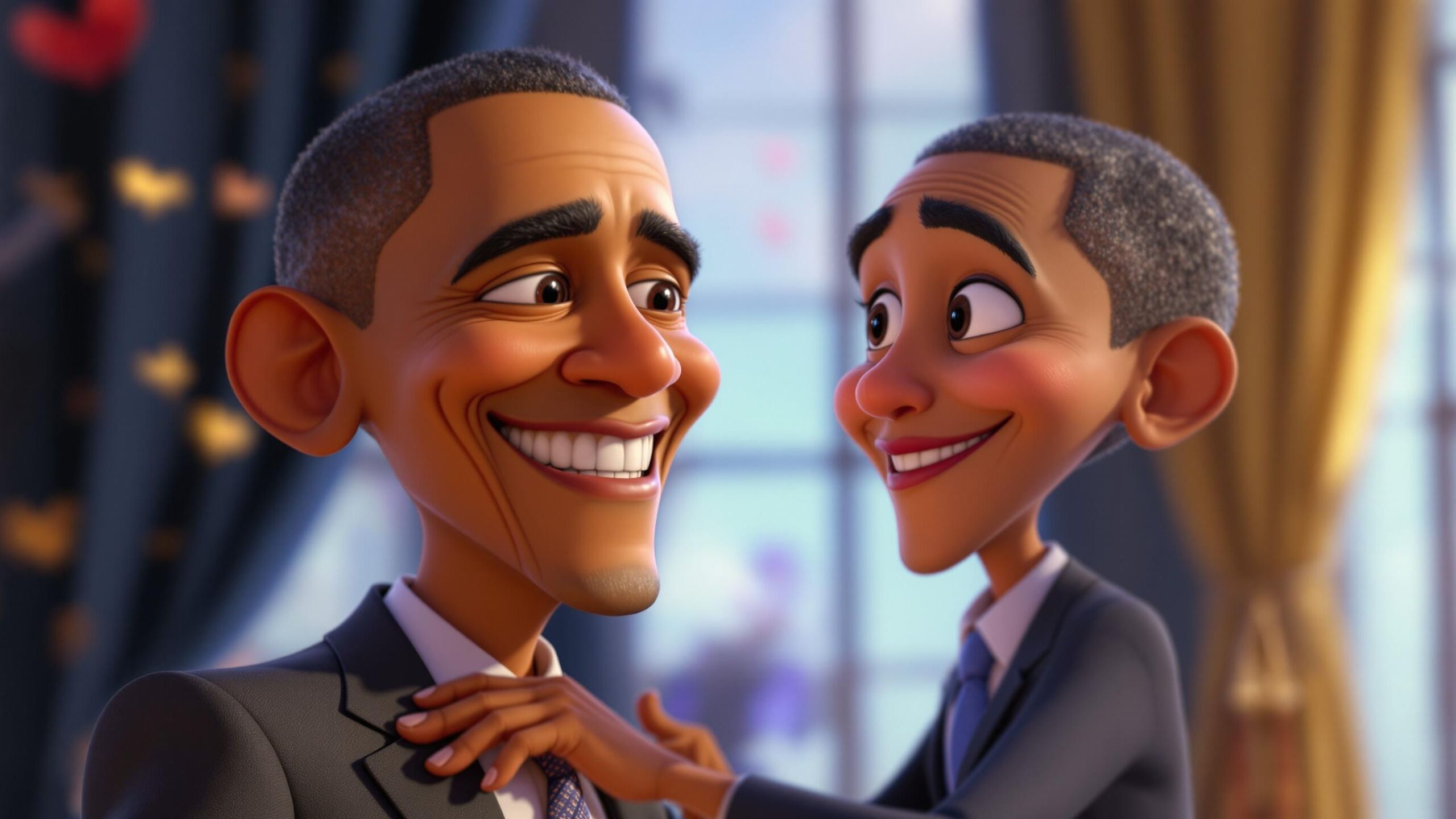A President, a Battlefield, and the Power of Words
In the chill of November 1863, as fallen leaves blanketed the hallowed ground of Gettysburg, Pennsylvania, President Abraham Lincoln stepped onto a wooden platform, not to deliver a grand speech of political flourish, but to dedicate a cemetery. No one expected this quiet, solemn man, with a face weathered by war and worry, to deliver what would become one of the most revered and influential speeches in American history. At just 271 words, Lincoln’s Gettysburg Address was shorter than the introductions that preceded it. Yet those words reshaped the nation’s understanding of liberty, sacrifice, and what it truly meant to be American.
Only a Few Appropriate Remarks—Or So He Thought
Lincoln himself thought little of the speech. In fact, he told his bodyguard that it “won’t scour,” borrowing a farming term meaning it wouldn’t work properly. He believed his words were too simple, too modest. How wrong he was. Those few remarks echoed louder and longer than the cannons that had thundered over the battlefield just months earlier. The Gettysburg Address distilled the chaos of the Civil War into a crystalline vision of unity and purpose, forging a moral path forward for a fractured nation.
Four Score and Forever Changed
The phrase “Four score and seven years ago” now lives in the heart of American memory, but in 1863, it was a deliberate invocation of the past—a poetic reach back to the founding of the United States in 1776. By referencing the Declaration of Independence, not the Constitution, Lincoln made a bold, deliberate move. He pointed to the ideal that “all men are created equal” as the true foundation of the American experiment. In doing so, Lincoln subtly reframed the war—not just as a battle for union, but as a battle for equality and a new birth of freedom. This single line ripped through layers of legal complexity and political maneuvering to strike at the heart of the nation’s moral identity. It reminded Americans why they had started down the path of independence in the first place—and what was at stake if they lost their way.
A Battlefield Becomes a Moral Compass
Gettysburg was not just a place. It was a turning point, not only militarily, but symbolically. The battle had raged in July 1863, leaving over 50,000 men dead, wounded, or missing. The countryside was soaked in blood, sorrow, and the shattered hopes of families across North and South. When Lincoln took the stage that day, it wasn’t simply to commemorate the fallen; it was to transform the battlefield into a moral compass. He did not glorify war. He didn’t speak of vengeance or hate. Instead, he spoke of duty—the unfinished work of ensuring that those who died had not done so in vain. He elevated their sacrifice into a sacred trust, a responsibility borne by the living. And in doing so, he rallied a weary and divided people toward a common cause.
Redefining Patriotism with a Whisper, Not a Shout
Unlike the booming oratory of his contemporaries, Lincoln’s delivery was calm, measured, even gentle. His voice didn’t thunder; it resonated. His words didn’t dazzle; they illuminated. In an age when speeches often stretched for hours, his brevity was startling, almost unsettling. But within those few minutes, he did more to redefine patriotism than volumes of legislation or libraries of rhetoric. He made the American people see themselves as part of an enduring experiment—not simply subjects of a government, but stewards of an ideal. The war was no longer just about North vs. South. It was about preserving a government “of the people, by the people, for the people,” so it would not perish from the earth.
A Speech That Echoed Beyond the Civil War
The brilliance of the Gettysburg Address is that it grew larger with time. At the moment of its delivery, it barely registered. The crowd offered polite applause. Newspapers gave it mixed reviews. But as the nation crawled through the remainder of the war and emerged into Reconstruction, the words gained weight. They were stitched into the nation’s wounds as a balm and a challenge. For African Americans newly freed from slavery, Lincoln’s words offered hope that America might finally live up to its creed. For generations of immigrants arriving on distant shores, those words became a promise of belonging. For women and civil rights activists, the address became a north star guiding their fight for inclusion and equality. And for students, presidents, and poets alike, the Gettysburg Address became required reading—a literary lightning bolt that shaped the American conscience.
Crafting Eternity in Less Than Three Minutes
It’s almost unfathomable to consider that the speech was scrawled on a piece of paper and revised en route to the ceremony. No fanfare. No ghostwriters. Just Abraham Lincoln, a legal mind and master of prose, thinking deeply about what the war meant—not just to the soldiers or their families, but to the idea of America itself. He chose each word with surgical precision. “Consecrate.” “Devotion.” “Liberty.” Words that shimmer with moral clarity. He spoke in triads—“we cannot dedicate, we cannot consecrate, we cannot hallow this ground”—a rhetorical device that gave his speech rhythm and resonance. There’s poetry in the structure, but also a sacred reverence. He didn’t claim to be the hero; he deferred to the fallen. He didn’t ask for applause; he called for action.
Why Gettysburg Still Matters Today
More than 160 years later, the Gettysburg Address remains astonishingly relevant. In times of national turmoil or division, Lincoln’s words return to the forefront. When leaders face crisis, they quote him. When schoolchildren learn about democracy, they memorize him. When citizens wonder what it means to be American, they revisit that cold November day. In an age of sound bites, memes, and fleeting attention spans, Lincoln’s address reminds us that brevity can still be powerful and that clarity can cut through chaos. It stands as a rebuke to cynicism and apathy, declaring that a government for the people requires effort, sacrifice, and faith. The Civil War was not just fought with muskets and bayonets—it was also waged in the hearts and minds of Americans trying to decide what kind of country they wanted to be. Lincoln’s words didn’t just reflect that struggle—they shaped it.
The Legacy of a Few Sacred Sentences
Today, the site of the Gettysburg Address is marked by a simple monument, easily overlooked by tourists searching for the grand battlefield. There are no flashy plaques or towering statues there—just the quiet whisper of history. And maybe that’s fitting. Because the speech itself was not about grandeur or pomp. It was about purpose. Every president since has stood in Lincoln’s shadow, measuring their words against his. Every generation has interpreted his message through the lens of its own struggles—be it civil rights, global conflict, or the pursuit of equality for all. And each time, the address finds new meaning, new urgency. Lincoln never lived to see the full impact of his words. He was gone less than two years later, felled by an assassin’s bullet. But in many ways, his spirit lived on in the ideas he so powerfully articulated. In truth, Lincoln never needed to shout to be heard. His whisper became a roar that still moves the American soul.
A Quiet Revolution in American Rhetoric
If the Declaration of Independence lit the spark of the American experiment, and the Constitution formed its foundation, then the Gettysburg Address became its moral compass. It wasn’t a call to arms, but a call to ideals. A call to fulfill the promise that all are created equal—not just in theory, but in life, law, and liberty. It’s no coincidence that Martin Luther King Jr. referenced Lincoln at the steps of the Lincoln Memorial. Or that presidents from Kennedy to Obama carried his words into their own speeches. Lincoln didn’t just speak to the people of 1863—he spoke to us all.
The Humble Genius of Abraham Lincoln
What made Lincoln uniquely suited to deliver such a speech wasn’t just his intelligence, though he was brilliantly self-taught. It wasn’t just his legal training, though he was a master of logic and clarity. It was his empathy. Lincoln knew pain—he had lived through personal loss, political defeat, and the weight of leading a divided nation. He could see past party, past prejudice, and into the deeper principles that bind people together. And perhaps that’s why his words continue to inspire. They weren’t spoken from a place of ego, but of service. He didn’t want to win arguments—he wanted to heal a nation.
A Torch Passed from the Past to the Future
With each passing year, as America grapples with new challenges, the Gettysburg Address serves as a reminder that democracy is not guaranteed—it must be nurtured. The unfinished work Lincoln spoke of is still with us. Every generation is tasked with carrying the torch forward. Every citizen is asked to participate in that great experiment of self-governance. Lincoln believed that from the ashes of war could rise a better, fairer America. He believed that the sacrifices of the fallen should not be forgotten or wasted. And he believed that words—carefully chosen, deeply felt—could change the world.
The Power of 271 Words
It’s rare in history that a speech becomes sacred text. But that’s what the Gettysburg Address has become—not because of its length or location, but because of its truth. It is America’s conscience pressed into a page. It is the soul of a president poured into prose. It is a nation’s memory, hope, and promise, all wrapped in one. Abraham Lincoln may have begun his address with a nod to the past—“Four score and seven years ago”—but what he gave us was something timeless. Something eternal. Something that, once spoken, could never be unsaid. And so, in the end, Lincoln was wrong about only one thing: His words did scour. They scoured the conscience of a nation. They scoured away apathy. They scoured open the path for progress. And in doing so, they became not just the words of a president—but the heartbeat of a people.




